
3 Surprising Health Benefits of Using a Bidet — for You and the Planet
For many people, the idea of using a bidet (handheld or built-in spray nozzle) might seem unusual or unnecessary. Yet research shows that this small bathroom fixture offers major health and hygiene benefits — and even helps reduce environmental waste.
Here are three powerful reasons why switching to a bidet could be one of the simplest, healthiest choices you can make for your body and the planet.
1️⃣ Using a Bidet Helps Prevent the Spread of Bacteria and Infections
When it comes to hygiene, wiping alone just doesn’t do the job.
According to a study by the Department of Nursing at Ube Frontier University (Japan, 2022), bidets were found to significantly reduce bacterial residue after bowel movements compared to toilet paper.
“Fecal bacteria can spread easily through wiping, even with clean hands,” explains Dr. Maya Nakagawa, public health researcher at Ube Frontier University.
“Water cleaning provides a more thorough and hygienic result, helping lower infection risk.”
This is especially important in preventing hand contamination and cross-infection, which can lead to illnesses like gastroenteritis, hepatitis A, or even COVID-related fecal transmission.
However, experts caution that bidets themselves must be kept clean:
-
Do not let the spray nozzle touch the skin directly.
-
Clean the nozzle regularly with disinfectant.
-
Ensure the water tank and filters are sanitized to avoid bacterial buildup.
🌍 Bonus Benefit: Eco-Friendly Hygiene
Traditional toilet paper contributes to deforestation and water waste.
Each year, Americans use enough toilet paper to fell 15 million trees, consuming over 1.6 trillion liters of water and 253,000 tons of bleach (Environmental Paper Network, 2023).
A bidet, by contrast, uses only about 1 liter of water per use, making it an environmentally sustainable choice.
2️⃣ Bidets Can Help Prevent Urinary Tract Infections (UTIs)
Urinary tract infections affect more than half of all women at least once in their lifetime, according to the U.S. Department of Health & Human Services (HHS, 2024).
While most doctors recommend wiping “front to back” to prevent bacterial transfer, gentle water cleaning from a bidet is even more effective.
“Using a bidet minimizes friction, removes bacteria more completely, and lowers the risk of infection,” notes Dr. Rachel Lee, OB-GYN, Johns Hopkins Medicine (2024).
Dry toilet paper can leave behind residue or microscopic tears in the delicate skin of the genital area, increasing vulnerability to bacteria such as E. coli — the most common cause of UTIs.
In the U.S. alone, there are an estimated 8 million UTI cases annually, many linked to poor wiping hygiene (CDC, 2023).
A clean water rinse provides a gentler, more hygienic alternative — especially beneficial for:
-
Women prone to recurrent UTIs
-
Pregnant women
-
Older adults with limited mobility
3️⃣ Using a Bidet May Prevent or Relieve Hemorrhoids
If you’ve ever had hemorrhoids — swollen veins around the rectum — you know that wiping with dry paper can be painful and irritating.
A gentle rinse with warm water from a bidet helps soothe inflammation and reduce pressure in the anal area.
A 2011 clinical study on electronic bidets found that low- to medium-pressure warm water improved blood circulation in the anal region and provided significant comfort to participants with hemorrhoidal symptoms.
“Bidet use decreases anal pressure and helps keep the area clean without friction,” confirms Dr. Alan Chen, colorectal specialist at Mayo Clinic (2023).
Regular use may not only relieve discomfort but also help prevent hemorrhoids from forming by reducing the need for excessive wiping or straining.
🌿 Healthier You, Healthier Planet
Beyond personal health, using a bidet is a quiet act of environmental care.
-
One bidet session: ≈ 1 liter of water
-
One toilet paper roll: ≈ 140 liters of water to produce
That’s a reduction of nearly 80% in paper use, saving trees and water while lowering your household waste.
“It’s rare for one small habit to benefit both your body and the Earth,” says Dr. Chen (Mayo Clinic, 2023).
“But the bidet does exactly that.”
✅ Quick Tips for Safe and Effective Bidet Use
-
Use clean, warm water at moderate pressure.
-
Do not share detachable bidet heads between bathrooms.
-
Wipe gently with a few squares of paper or a clean towel to dry.
-
Clean the nozzle weekly with vinegar or mild disinfectant.
💧 Final Thoughts
A bidet isn’t just a luxury — it’s a smarter, safer, and greener hygiene upgrade.
It can reduce infections, protect sensitive skin, prevent hemorrhoids, and save millions of trees each year.
Next time you’re in the bathroom, think of the bidet not just as a tool — but as a quiet revolution in self-care. 🌿
News in the same category


Millions Are Seasoning Food the Wrong Way — Making Meals Less Tasty and Potentially Toxic

8 Types of Women Most at Risk for Breast Cancer — Are You One of Them?

8 Subtle Bathroom Signs That Could Indicate Cancer — Don’t Ignore Them

Previously Homeless Veteran and Mother of 6 Becomes A First-Generation College Graduate

Baileigh Sinaman-Daniel Makes NCAA History as First One-Armed Women’s Basketball Player to Score in a Game

California Teen Goes From Compton To Harvard To Oxford As A Rhodes Scholar

Meet The 26-Year-Old Who Became A Rocket Scientist After She Was Enrolled In An Honors Math Class By Mistake

26-Year-Old Entrepreneur Makes History As Owner Of First Black Woman-Owned Tequila Brand In Texas

Michelle Obama & Brother Craig Robinson to Launch New Podcast Giving Their Opinions on Everyday Life

Lori Loughlin Could Get Nothing From 1997 Prenup That Shields Designer Husband’s $100M Fortune

20-Year-Old Man Suffers Acute Kidney Failure After Eating 30 Grilled Oysters — Doctors Reveal the Shocking Cause
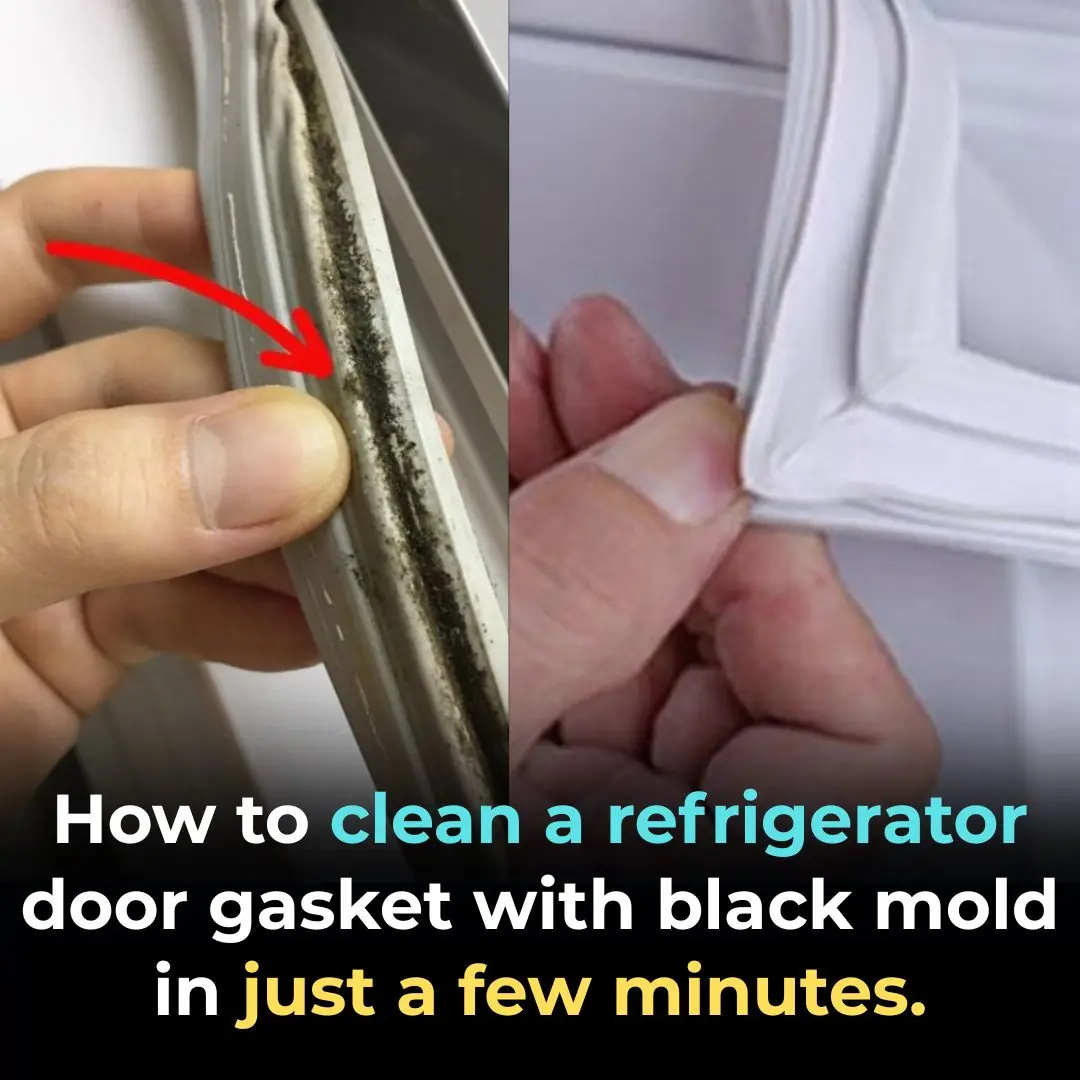
How to Clean Moldy Refrigerator Gaskets — Sparkling Clean in Just 5 Minutes

Elon Musk's ex Grimes reveals controversial face tattoo she spent 10 years 'emotionally' working up to

Justin Bieber announces 'wild' tech career move that could earn him millions
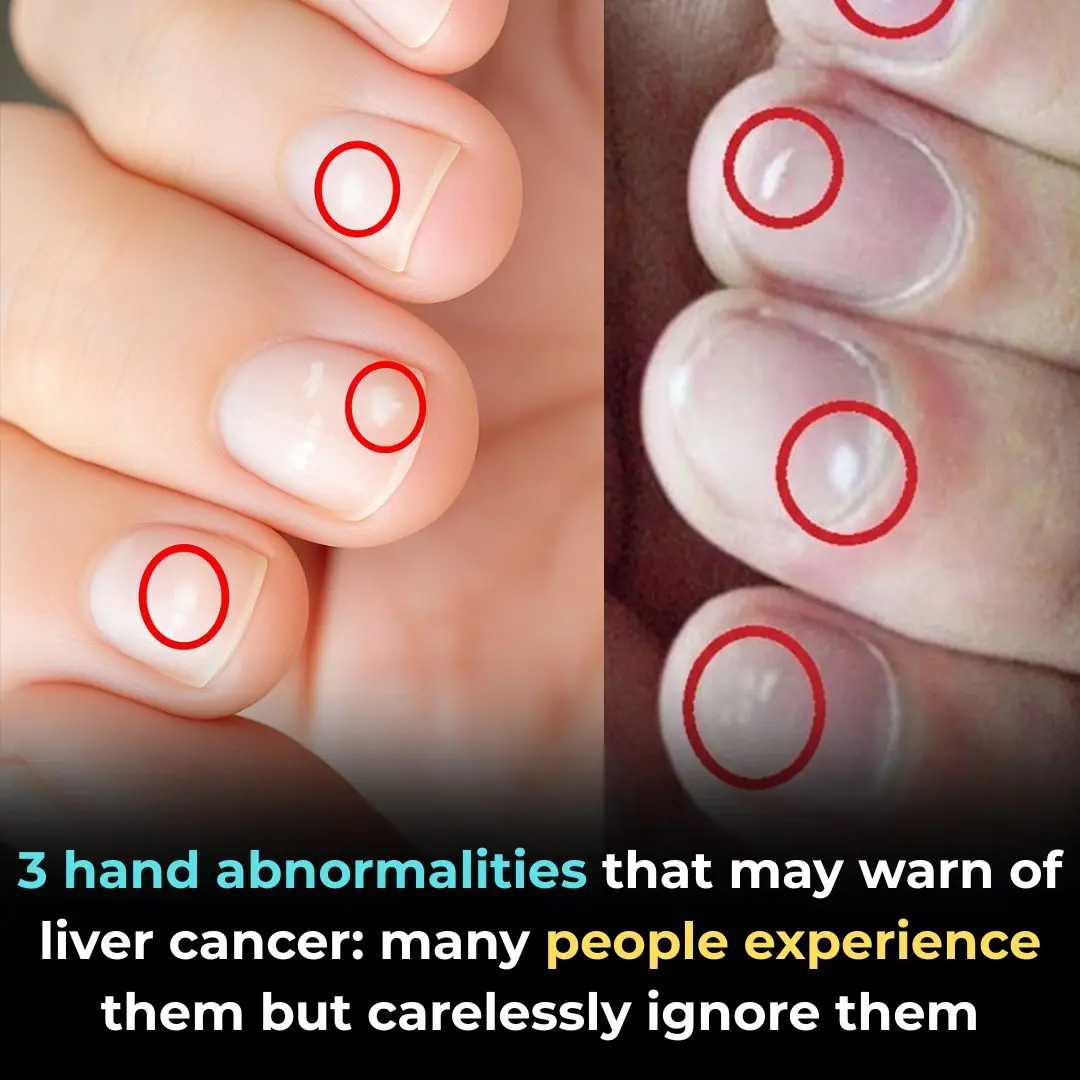
3 Unusual Signs on Your Hands That Could Signal Liver Cancer
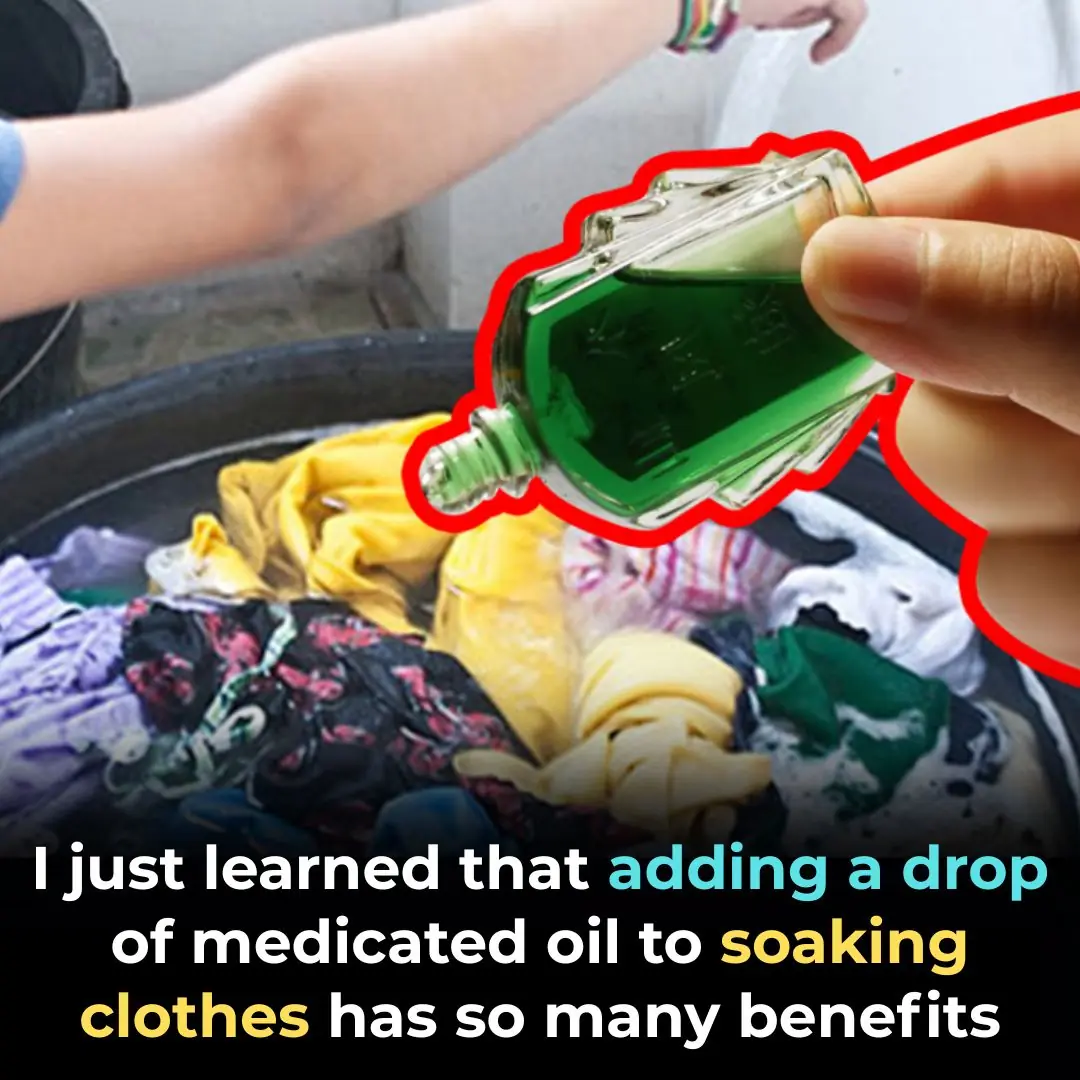
I Just Learned That Adding a Drop of Medicated Oil to Laundry Water Has So Many Benefits
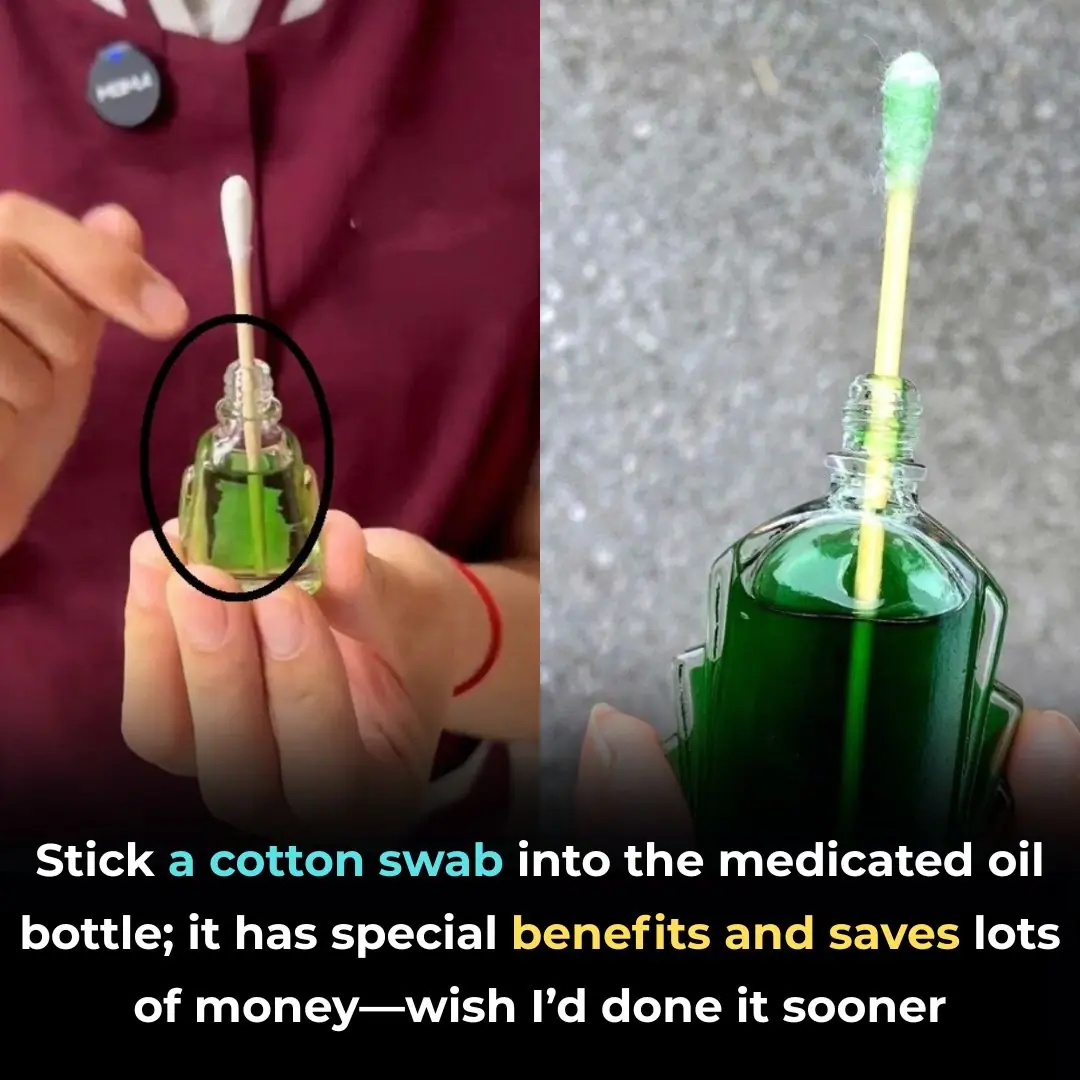
The Unexpected Power of Medicated Oil: What Happens When You Stick a Cotton Swab Inside the Bottle

9 Early Warning Signs of Lung Cancer You Should Never Ignore
News Post

The Two Golden Times of Day to Drink Roasted Black Bean Water — A Small Habit With Big Health Benefits

Millions Are Seasoning Food the Wrong Way — Making Meals Less Tasty and Potentially Toxic

8 Types of Women Most at Risk for Breast Cancer — Are You One of Them?

8 Subtle Bathroom Signs That Could Indicate Cancer — Don’t Ignore Them

8 Common Reasons For Waking Up at Night
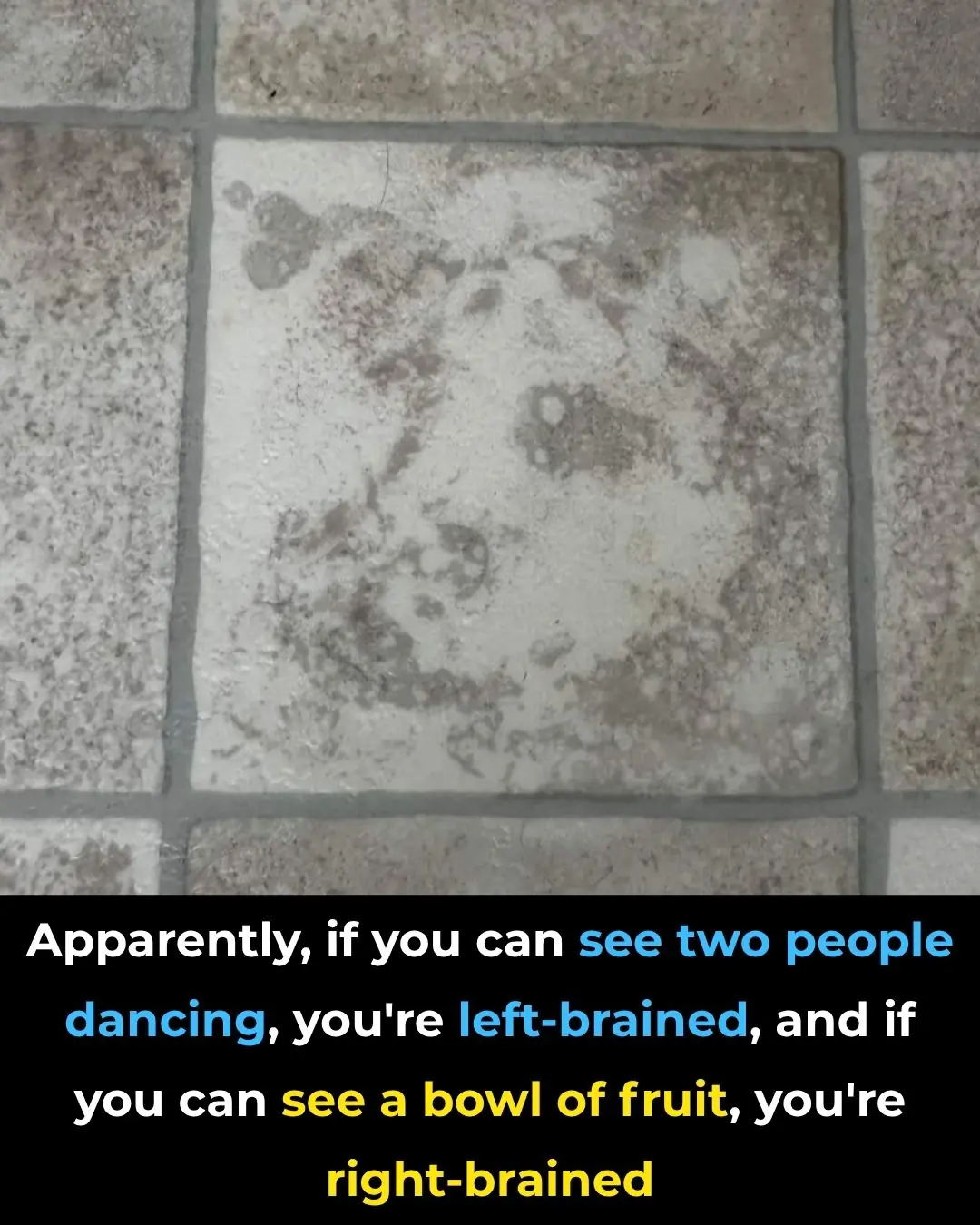
Why Do We Perceive Faces in Ordinary Objects?

Angel the Traveling Cat Launches Global Campaign: “We Are Not Baggage, We Are Living Beings”

The Tie of Humanity: When a Simple Gesture Bridges Two Lives

A Lesson in Compassion: How One Encounter Changed My Perspective

“Yes, I Want Her”: A Mother’s Powerful Response and a Daughter’s Journey of Belonging

Robert Redford and the Lessons of the Horse Whisperer.

Heroes in the Flames: The Firefighters Who Saved More Than Lives.

When Hopscotch Became a Miracle.

The Puppies in the Box: A Story of Rescue and Second Chances.

When Rescue Becomes Family: The Story of Baby Joy and KT.

A Mother’s Worst Fear—and a Community’s Relief.
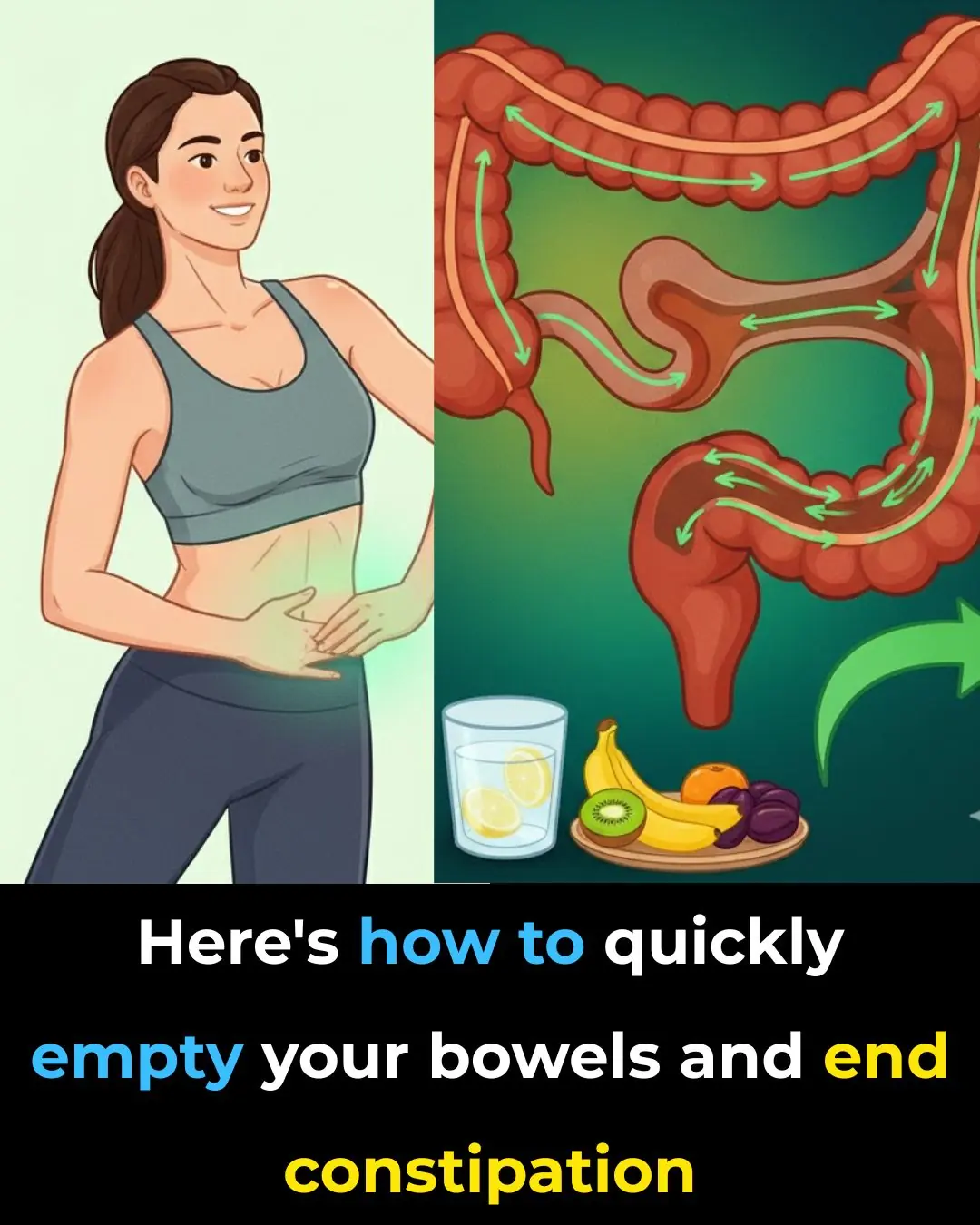
How to Get Rid of Constipation: The Best Home Remedies That Really Work

If mice appear in the house, it means that...
